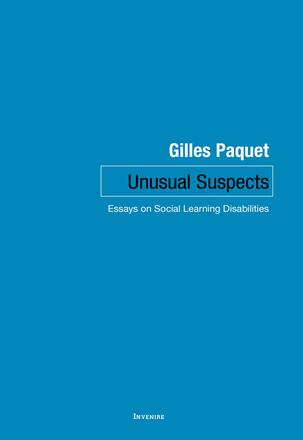
Description
This book looks into the forces at work that have undermined critical thinking and sound intellectual inquiry in the world of public affairs in Canada, have fostered reductive perspectives and destructive blockages to collaborative governance to emerge, and have succeeded in blinding observers to the real sources of the present Canadian malaise, blocking the road to imaginative repairs.
Part I deals frontally with the twilight of critical thinking that has led to a dramatic weakening of the critical examination of issues, and the process of inquiry that has been significantly weakened by ever narrower perspectives.
Part II focuses on two mental prisons: the obsessive and reductive insistence on a quantophrenic twist (only that which can be quantified counts); and the failure by crucial partners to live up to the requirements of their burden of office in circumstances when disloyalty considerably enfeebles the possibility of effective collaborative governance and the chance for organizations to succeed.
Part III suggests that it is not impossible to get rid of the blinders preventing the adoption of more synoptic approaches, and the exploration of more imaginative designs to repair our organizations and institutions. Ways to deal with the challenges facing the Canadian socio-economy are hinted at, and the work of a successful social architect showcased.
The conclusion makes the case for an approach that is both synoptic and guided by reasonableness – against the dogmas of disciplines and skimpy rationality.